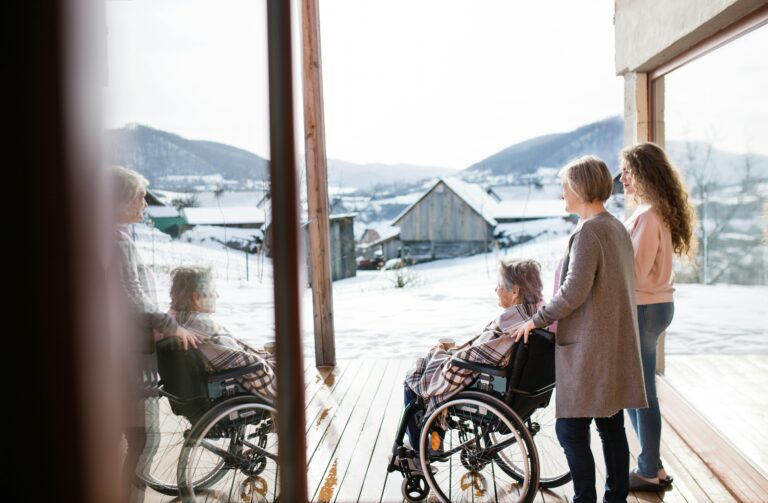How to Come to Terms with Your Parent’s Mortality
Everyone is different, and every relationship is unique. We all have our own reasons for feeling afraid. It’s totally normal to worry about losing someone we love or are connected to —it’s something many of us go through. But understanding why we feel this way can really help us conquer it.
Lisa was livid. She had just returned from a visit to see her father, a divorced man living alone. She began the conversation spewing anger at her father for not walking, not taking his medications, not following through on her advice to take better care of himself.
She went on to mention that she was always butting heads with her father, that he never listened. ‘He’s always doing things his own way!”.
I asked why this was a problem if her father was acting like himself. Lisa stopped and looked at me. “Wow – great question. He is acting like himself……..I’m the one who has changed.”
Now we were getting somewhere. In further discussion, Lisa realized she was afraid of her father dying.
Many of us are afraid of death
Everyone is different, and every relationship is unique. We all have our own reasons for feeling afraid. It’s totally normal to worry about losing someone we love or are connected to —it’s something many of us go through. But understanding why we feel this way can really help us conquer it.
Self-awareness: Facing the death of a parent often makes us evaluate our own mortality, our values, and our beliefs. This is a gift of facing our parent’s mortality.
When the relationship is difficult
Some people go through conflicts with parents early in life that stick around for years. Dealing with the passing of a parent you have a difficult relationship with can really weigh on your heart. In this situation, someone may have different reasons to fear a parent’s death compared to someone with a positive relationship with their parents.
Exploring what motivates your fear can help you find acceptance, solutions and therefore peace. Let’s look at some potential motivation.
Unresolved conflict
If you have not or cannot resolve past issues before a parent dies, you may carry that burden forever. Many of us throw up our hands and say nothing will change – but do you know this for sure? Is it worth a try? What do you have to lose? Once a parent is gone, you can no longer hope for better times together. Now is the time to create better times ahead.
Making decisions
If you feel you don’t know your parent, but that you will be asked to make decisions for them, you may feel ill-equipped to make decisions. There are ways to bring up these difficult conversations – check out that the blog on difficult conversations.
When the relationship is healthy
People who have close, healthy relationships with parents hold different fears related to the death of a parent. Articulating the exact nature of your fears can give you a point to focus on when working to overcome those fears.
A special bond
The parent-child bond is unique. When a parent dies, this bond is altered. To see it as lost is difficult, so this period is a time to evaluate and reframe how you see this bond – as finite or as infinite.
Loss of history
Your parents know so much about about you that others have not shared. Make sure to get some of these stories so that you can have them and record them if you’d like.
An important loss for your children
If you cherish time with your parents, you likely have fostered a significant bond between your children and your parents. Fearing for the feelings of loss in your children can weigh on you as well. Consider this a time to open communication with your children about feelings, grief and loss.
A way forward
Much like Lisa, we may be hiding our fears about mortality behind other emotions – Anger and worry are two leading ones.
But when we dig deeper, we often find fear and grief.
But when we face some of the more difficult emotions, we are able to live in the present. We face our fears. We accept uncertainty. We become resilient. We grow. And isn’t that just what we want for ourselves? Isn’t what we want for our children. Likely, it is what your parents want for you.


